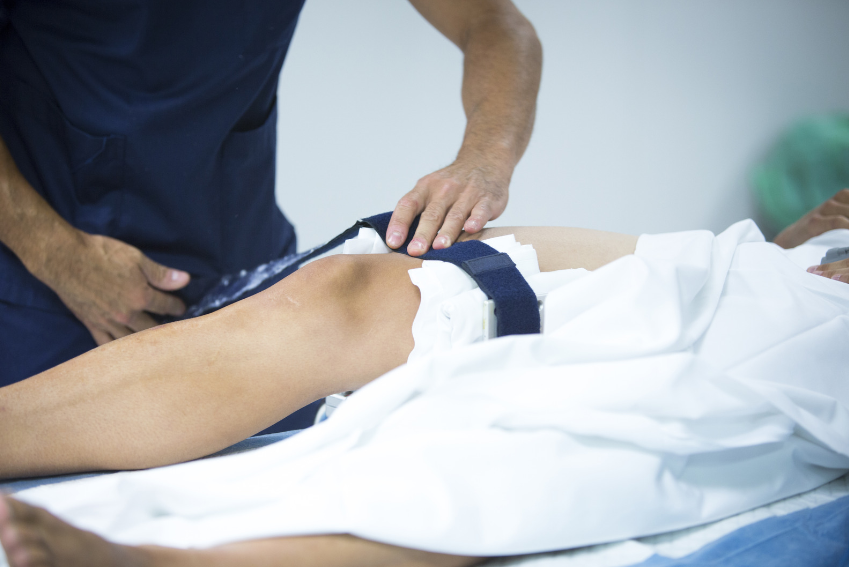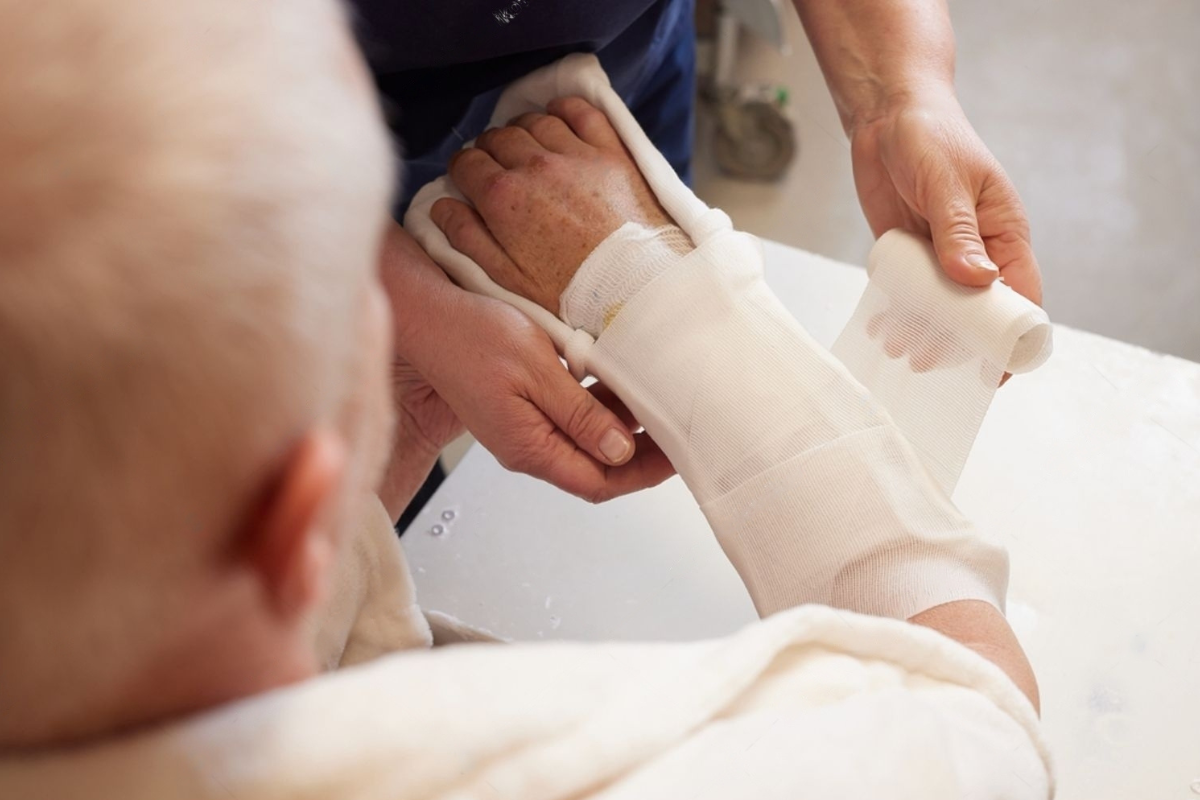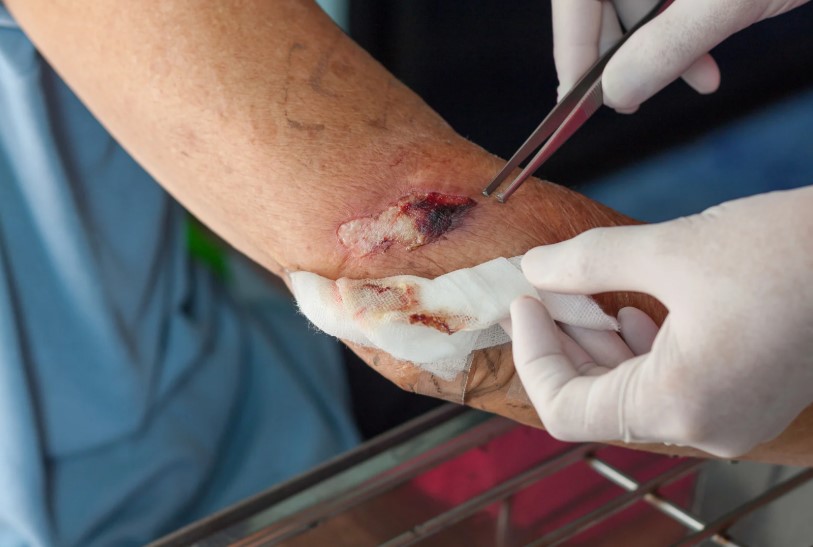Knee surgery is a transformative procedure aimed at restoring mobility and alleviating pain in individuals suffering from severe knee joint damage, often due to conditions like osteoarthritis or injury. For many patients, knee replacement surgery offers a new lease on life by replacing damaged joint surfaces with prosthetic components designed to mimic natural knee function. However, in some cases, the need for revision knee surgery may arise, marking a critical juncture in the patient’s journey toward long-term joint health.
Understanding Knee Surgery
Knee surgery encompasses a range of procedures aimed at addressing various degrees of knee joint degeneration. The primary types include total knee replacement (TKR), which involves replacing both sides of the knee joint, and partial knee replacement (PKR), which targets only the damaged area. These surgeries are typically recommended when conservative treatments fail to provide adequate relief, restoring mobility and reducing pain significantly.
What Is Revision Knee Surgery?
Revision knee surgery, also known as revision total knee arthroplasty (TKA), becomes necessary when a previously implanted artificial knee joint fails to function correctly or encounters complications over time. Unlike primary knee replacement, which aims to be a lifelong solution, revision surgery involves replacing or repairing worn-out or damaged prosthetic components to restore optimal joint function.
Reasons for Revision Knee Surgery
Several factors can lead to the need for revision knee surgery. Common causes include infection at the surgical site, loosening or wear of the prosthetic components, instability of the knee joint, and joint stiffness affecting mobility. These issues may manifest gradually or suddenly after the initial knee replacement surgery, prompting careful monitoring and evaluation by orthopedic specialists.
Diagnosis and Evaluation
Diagnosing the need for revision knee surgery involves a thorough evaluation by healthcare professionals. Diagnostic tools such as X-rays, CT scans, and MRI scans help assess the condition of the knee joint and identify any abnormalities or complications with the prosthetic components. Patients experiencing persistent pain, swelling, or reduced range of motion in the knee joint should seek timely medical consultation for accurate diagnosis and treatment planning.
Preparation for Revision Knee Surgery
Preparation for revision knee surgery involves comprehensive preoperative assessments to ensure the patient’s overall health and readiness for surgery. Medical history review, blood tests, and cardiac evaluations help mitigate potential risks during the procedure. Orthopedic surgeons and healthcare teams provide detailed information about the surgery, expectations for recovery, and rehabilitation protocols tailored to optimize postoperative outcomes.
The Surgical Procedure
Revision knee surgery follows a structured approach tailored to each patient’s unique needs and circumstances. During the procedure, orthopedic surgeons remove damaged or loosened prosthetic components, address any bone loss or structural abnormalities, and implant new prosthetic devices to restore stability and function to the knee joint. Advanced surgical techniques and prosthetic materials aim to enhance longevity and performance compared to earlier generations of implants.
Recovery and Rehabilitation
Postoperative care following revision knee surgery is crucial for successful recovery and rehabilitation. Patients typically undergo a period of hospitalization for monitoring and pain management immediately after surgery. Physical therapy and rehabilitation programs focus on restoring knee joint mobility, strengthening surrounding muscles, and gradually reintroducing functional activities to achieve optimal recovery outcomes.
Takeaway
Understanding when revision knee surgery is necessary involves recognizing persistent symptoms or complications following primary knee replacement. By seeking timely medical evaluation and consultation with experienced orthopedic surgeons, patients can navigate the decision-making process effectively. Revision knee surgery serves as a valuable option for restoring knee joint function and improving quality of life in individuals facing challenges with their prosthetic knee implants.






